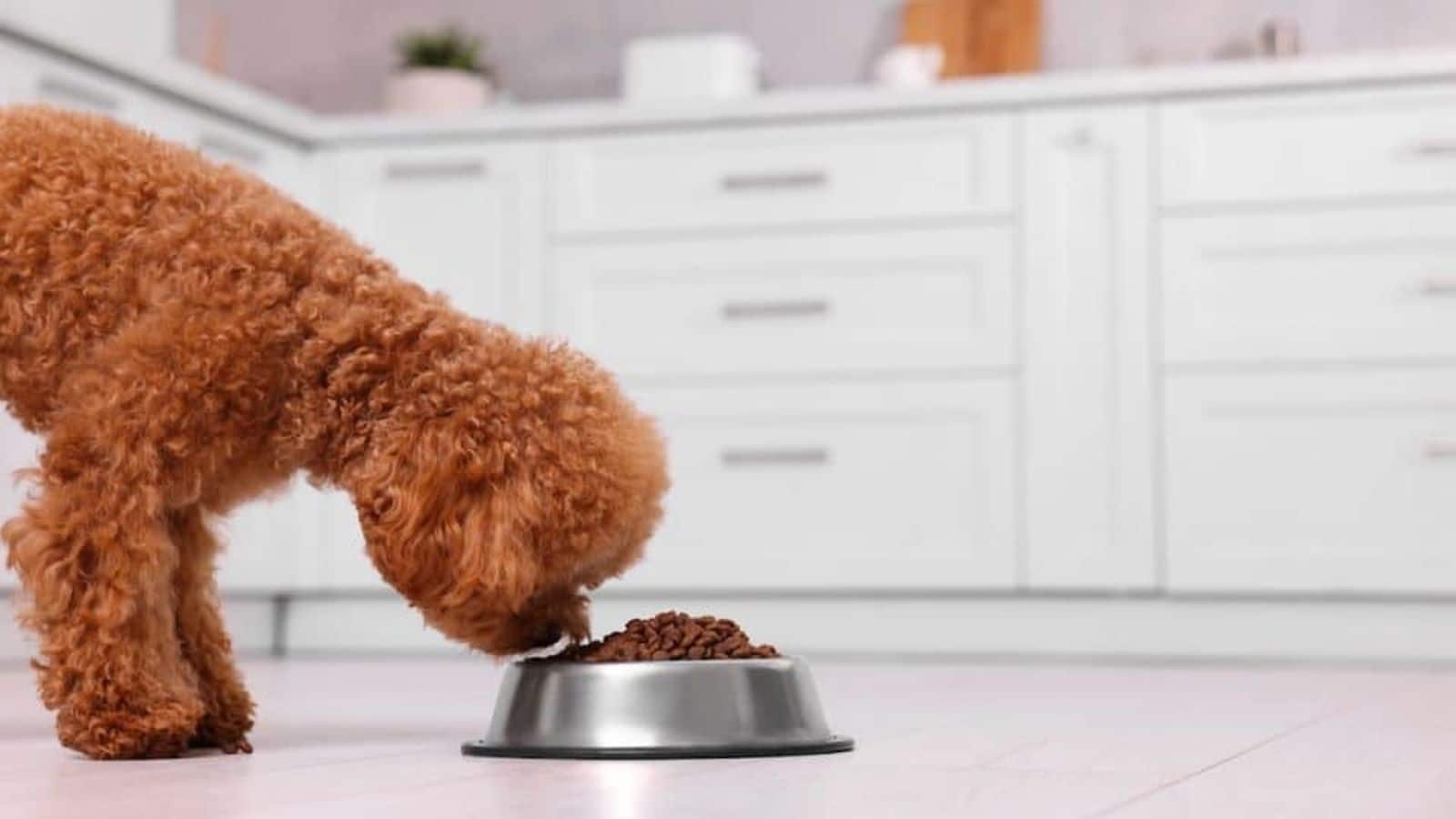
Crafting Poodle's allergy-friendly diet
What's the story
Poodles, recognized for their intelligence and elegant hypoallergenic coats, are beloved in their standard, miniature, and toy sizes.
These active and friendly canines may look plush, but they're not immune to allergies that can impact their skin and digestive health.
For these sensitive dogs, a diet tailored to avoid allergens is imperative for managing their unique needs effectively.
Tip 1
Identify common allergens
To tailor an allergy-friendly diet for your Poodle, start by pinpointing the allergens.
Common ones include various non-vegetarian and seafood offerings.
It's essential to work with a veterinarian who can guide you through an elimination diet or perform allergy testing.
This process will help reveal the specific triggers affecting your Poodle's health.
Tip 2
Select hypoallergenic foods
After identifying allergens, choose hypoallergenic dog food specifically formulated without these substances.
Opt for foods that incorporate novel proteins, such as venison or duck, which are less common triggers for allergic reactions.
Additionally, select carbohydrate sources like sweet potatoes or peas, known to be well-tolerated by Poodles with sensitivities.
This careful selection helps minimize the risk of allergic responses while providing nutritional variety.
Tip 3
Balance nutrients carefully
Crafting an allergy-friendly diet for your Poodle doesn't mean compromising on nutritional value.
It's crucial to include a balanced mix of proteins, fats, and carbohydrates, as well as all the necessary vitamins and minerals to maintain their health.
If allergies necessitate the removal of certain foods, you may need to incorporate supplements to fill any nutritional gaps that arise from these exclusions.
Tip 4
Monitor your dog's response
After your Poodle starts an allergy-friendly diet, observe them for any health changes. Look for signs of allergy improvement or the appearance of new symptoms.
Regular veterinary check-ins are crucial to monitor your dog's adaptation to the diet.
These visits are essential for tracking progress and making any necessary dietary adjustments, ensuring the diet continues to meet your Poodle's specific health needs effectively.